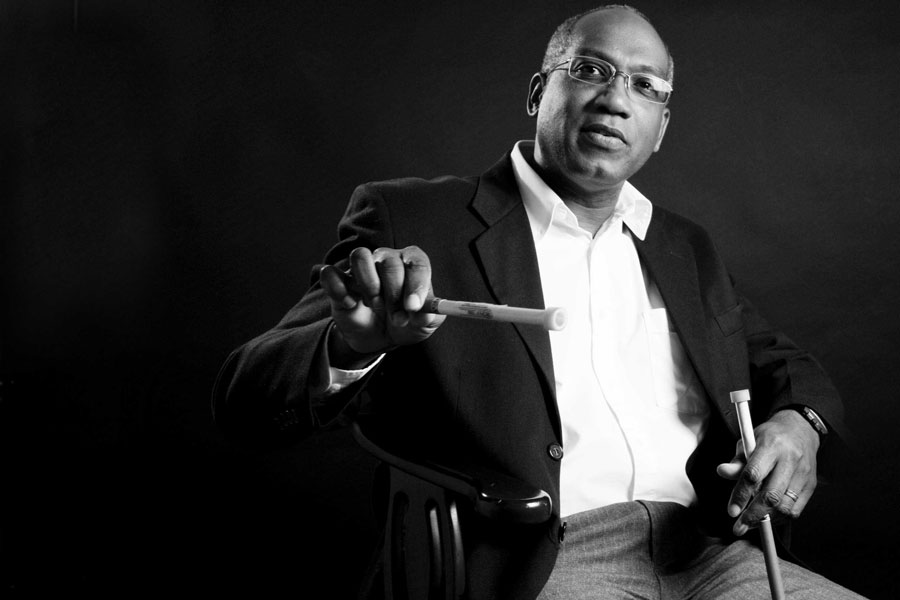Professor Brian Copeland
PROFESSOR AND DEAN
FACULTY OF ENGINEERING
ST. AUGUSTINE CAMPUS, TRINIDAD AND TOBAGO
Tel: (868) 662-2002 ext 2199, 2198 Direct: (868) 662-1225 • Email: EngDean.Office@sta.uwi.edu
PROFILE
Professor Copeland describes himself as an active lobbyist for engineering education reform and motivator for change to a regional innovative culture. He has served as Dean of the Faculty of Engineering at UWI St. Augustine since 2007. Prior to this appointment he was Head of Department of Electrical and Computer Engineering – a position he held for ten years. He also interfaced with students as a Lecturer in Digital Electronics, Microprocessor Systems and Control Systems.
Winner of a Trinidad and Tobago National Scholarship (Cambridge A’Level Mathematics), Brian Copeland gave early indications of his future achievements by graduating as the top student in the Faculty of Engineering, with First-Class Honours in Electrical Engineering. Funded by a UWI Scholarship, he went on to do an MSc in Electrical Engineering at University of Toronto and became a Fulbright PhD Scholar at the University of Southern California.
The highlights of his distinguished professional career include being a joint recipient, along with the G-Pan team, of a Chaconia Medal Gold – one of Trinidad and Tobago’s highest national awards. He has also received the UWI Guardian Life Premium Teaching Award (November 2002) and the BP/AMOCO Fellowship Award for Senior Academic Staff at The UWI (January 2001). But this list of achievements would not be complete without mentioning Professor Copeland’s role as lead engineer for the construction of the Queen’s Park Oval’s full statistic electronic cricket display board in 1998.
RESEARCH INTERESTS
• Design of numerically stable advanced control system algorithms with special emphasis on H-2 (H2)- and H-Infinity(H•)- norm optimisation for strictly proper systems.
• Design of microprocessor systems for control.
• Design of complex logic systems (including floating point co-processors and small microprocessors) using Complex Programmable Logic Devices (CPLDs) and Field-Programmable Gate Arrays (FPGAs).
• Supervisory Control and Data Acquisition Systems (SCADA) and Distributed Control Systems (DCSs) for wide area computer monitoring and control.
• Steelpan technology: amplification, digital synthesis, sound field mapping and modal studies.
• Technology Management and its significance to the economies of small states.
